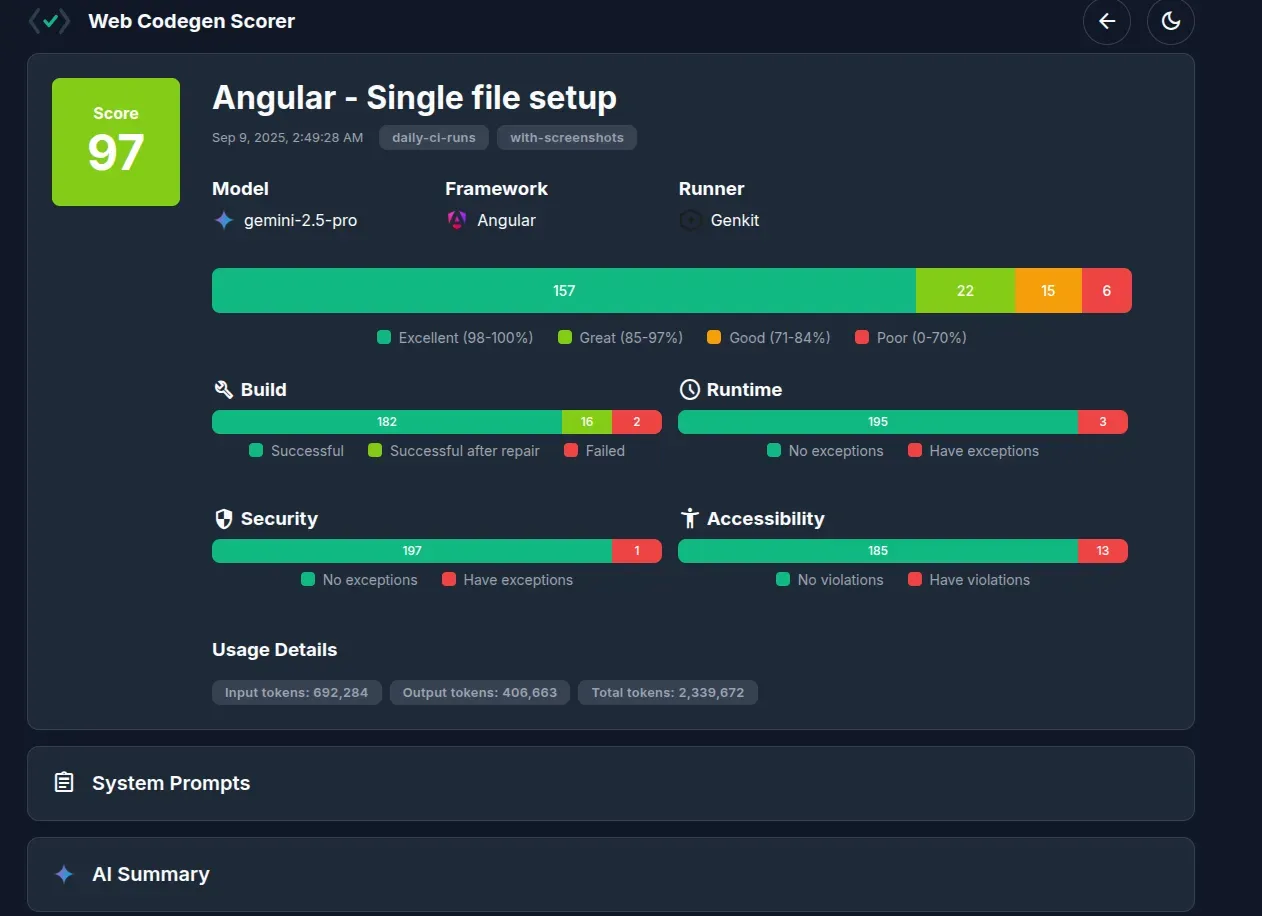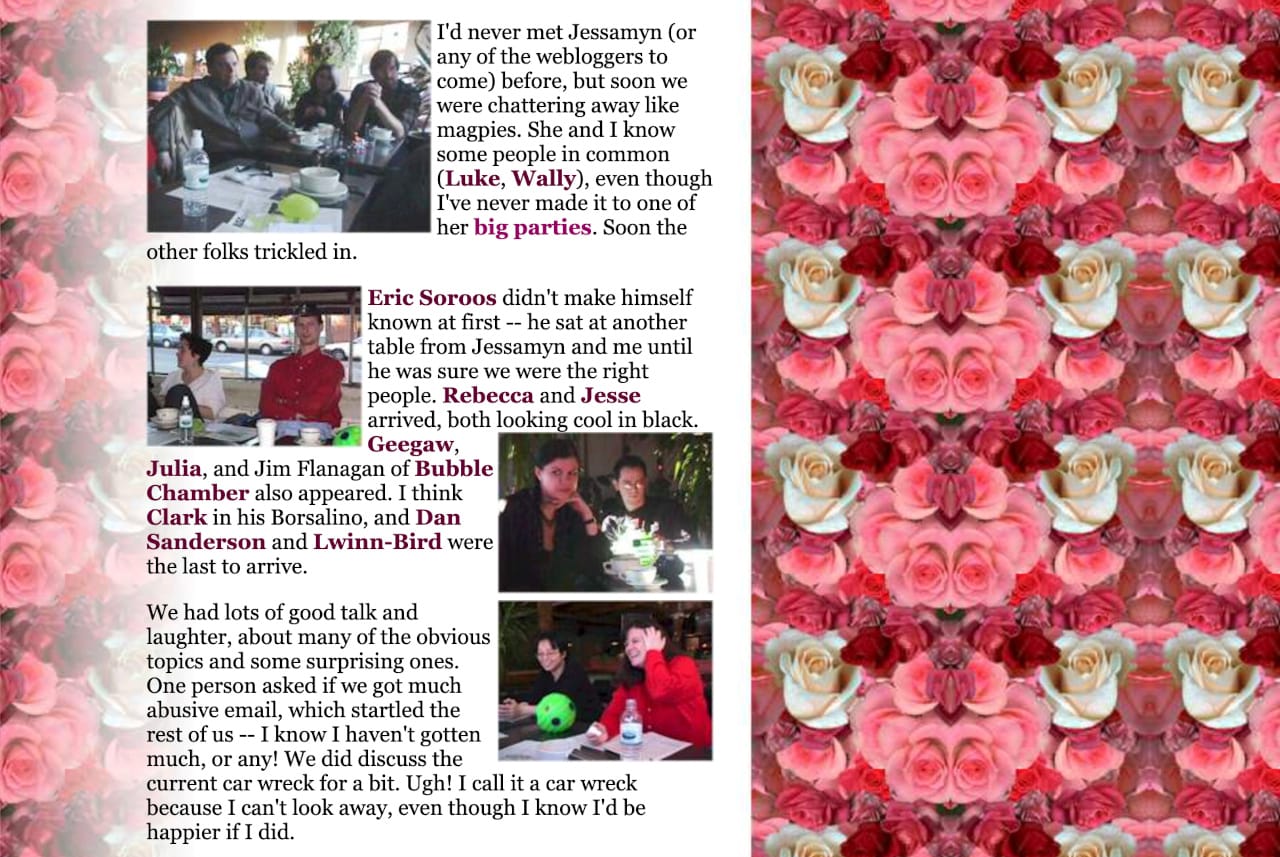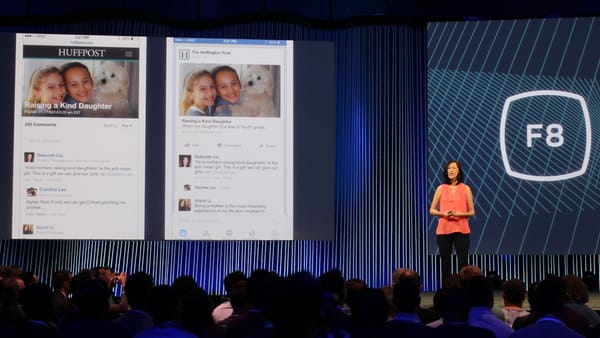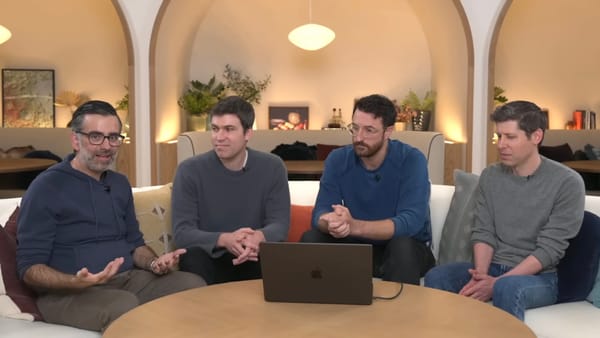WTN #7: Chrome Becomes an AI Browser, With Agents To Come

This week, we may have witnessed the beginning of the end for the traditional web browser. On Thursday, Google announced a raft of new AI features in Chrome, with further “agentic capabilities” to be added in the coming months. As I noted in my report on The New Stack, essentially Chrome is now an "AI browser." I pointed out that other browsers have already turned themselves into AI browsers — Microsoft Edge most directly, but Firefox is also moving in this direction. Also, there are new AI-centric browsers like Perplexity's Comet and The Browser Company's Dia (recently acquired by Atlassian). OpenAI is almost certainly going to launch a full browser soon — they've hired two of Chrome's founding engineers, Ben Goodger and Darin Fisher.
So what does all this mean? Other than yet more encroachment of AI into the web products we use every day, I think Chrome's new AI features signal the end of the browser as we know it — 35 years after Tim Berners-Lee's first browser (a read/write one!) and over 30 years after Mosaic and then Netscape emerged. This new AI version of Chrome is, in Google's own words, "fundamentally changing the nature of browsing." Of course, Google is putting a positive spin on it. According to Google Chrome GM Parisa Tabriz:
“The browser is no longer just a window to the web; it’s an intelligent partner that learns and adapts to your needs.”
The new Chrome may have gained machine "intelligence," but I'd argue we're losing something fundamentally human in the daily web experience. As I put it in my TNS post:
"One has to wonder if “browser” is even the right word for what products like Chrome and Edge are evolving into. We are moving further away from curiosity-driven exploration of the web — the modern browser is becoming an automaton, narrowing what we can discover and reducing the serendipity."
Let's get to the week's web technology news...
Web Platform
🌐 Speaking of browsers, the Apple WebKit team has a blog post outlining new features in Safari 26.0. One of them is that now "every site can be a web app on iOS and iPadOS." The team clarified later in the post: "By default, every website added to the Home Screen opens as a web app."
Of course, it would be even better if users got to choose which browser opened their web app — but alas, it still has to be Safari.
🌐 This week the W3C WebDX Community Group, which is "working to improve developer experience with projects like Baseline," held an AMA on Reddit. Unfortunately they didn't get many questions, but there was this comment about AI by Rick Viscomi, Google Chrome DevRel:
"Ultimately, there's a huge potential to help developers make better decisions about adopting more modern web features, safely. I'm optimistic about AI playing a major role in that, but it's not a requirement."
Open Social Web
🦣 Quote posts, a.k.a. quooting, has arrived on Mastodon. Quoth founder Eugen Rochko:
"If you’re on mastodon.social (or another server running nightly builds) you can begin quoting posts in your posts (quooting?) starting today. Remember, you control whether you can be quoted, and can always retract your post from a specific quote. And you can quote me on that!"
🦣 Also this week, Mastodon announced "the availability of paid hosting, moderation, and support services for organisations seeking to operate their own Mastodon servers."
I love this as a monetisation path for Mastodon and a way to encourage orgs to join the fediverse.
🦋 Bryan Newbold, a protocol engineer at Bluesky, announced that the company is "putting together an independent+neutral organization to house the DID PLC system, includes the directory service." The document he linked to states it will be based in Switzerland.
This is a promising move from Bluesky, if only because it makes the protocol a bit less corporate. We'll have to wait and see what the org actually does, though, and who will be leading it.
🦋 I mentioned Leaflet recently; a new kind of blogging tool for the AT Protocol platform. The developer Brendan is pondering some fun-sounding features:
"STATUS: thinking about what to build next in Leaflet
GOAL: fun, simple, composable building blocks that can enable lots of cool social experiments
IDEAS: @-mentions, notifications, post references, tags, collections, comment permissions, $ block…"
Web + AI
🤖 Tarek Ziadé, a machine learning engineer at Mozilla, wrote a personal blog post entitled My Vision for AI and the Web. For AI in the browser, he advocates for "powerful hybrid-based features, but always with deep care for security and privacy." He gives an example:
"...we have started adding local AI features in Firefox that respect privacy by design. For example, the PDF.js alt text generator and the Smart Tab feature both run on small models that we trained, which are downloaded to your device and executed locally. Your data never leaves your machine."
🤖 Web frameworks are adopting AI too; Angular has just announced the Web Codegen Scorer, a code quality tool for "vibe coders" and other AI-assisted devs. As the Angular blog explained:
"Angular of the future is a framework for builders across the spectrum — it’s for people who want to create apps by primarily using AI-powered tools (including vibe coding) as well as experienced developers who want to have a coding agent work as a partner in the development of tools. No matter the tool, we want Angular to fit into your story and make sure that LLMs produce excellent code quality for your Angular applications."

🤖 Vercel's vibe coding report confirms that "most vibe coders aren’t developers at all." According to Vercel, which runs a vibe coding product called v0, about "63% of users exploring vibe tools are non-developers, using tools like v0 or Cursor to streamline tasks and create custom solutions to their problems."
🤖 Matt Biilmann, CEO of Netlify, says that because of AI we are all devs now:
"For those who already call themselves web developers, this is your chance at rebirth. Evolve into designers of systems, products, and experience—or risk irrelevance.
For those who were never allowed in: this is your invitation. The web is now open to you.
You are now a developer."
🤖 On the other side of the coin, Microsoft's Patrick Brosset warns that AI coding tools "aren't silver bullets":
"We still need to be responsible developers and ensure the experiences we deliver are good, accessible, run fast, are secure, private, that the code adheres to our style guide and best practices, is maintainable and so on. So, like, actually do the work."
One More Thing
🎈 25 years ago, the RSS Format Wars were just kicking off. I wrote about it this week on my internet history website, Cybercultural. But for my 'one more thing' here on WTN, I want to highlight some lovely web community action from 2000. The image below is from Anita Rowland's weblog that year, describing a meetup with fellow Seattle bloggers. It's a reminder that the web is all about human connection — and we should never forget that.

Thanks for reading Web Technology News (WTN), my weekly newsletter tracking what's next on the web. I'm still in the early phase of this project, so please share the newsletter on your favorite social media platform — the more webheads we have here, the better. Maybe even a community will form?
You can get the full content of WTN via email (the form is on the WTN homepage) or RSS. A benefit of signing up via email is that it allows you to post good ol' fashioned comments on the URL where this post lives: i.e. on the Web.
You can also follow WTN on social media: search "@feed@webtechnology.news" on Mastodon or click here to follow on Bluesky.
Until next week, keep on blogging!



